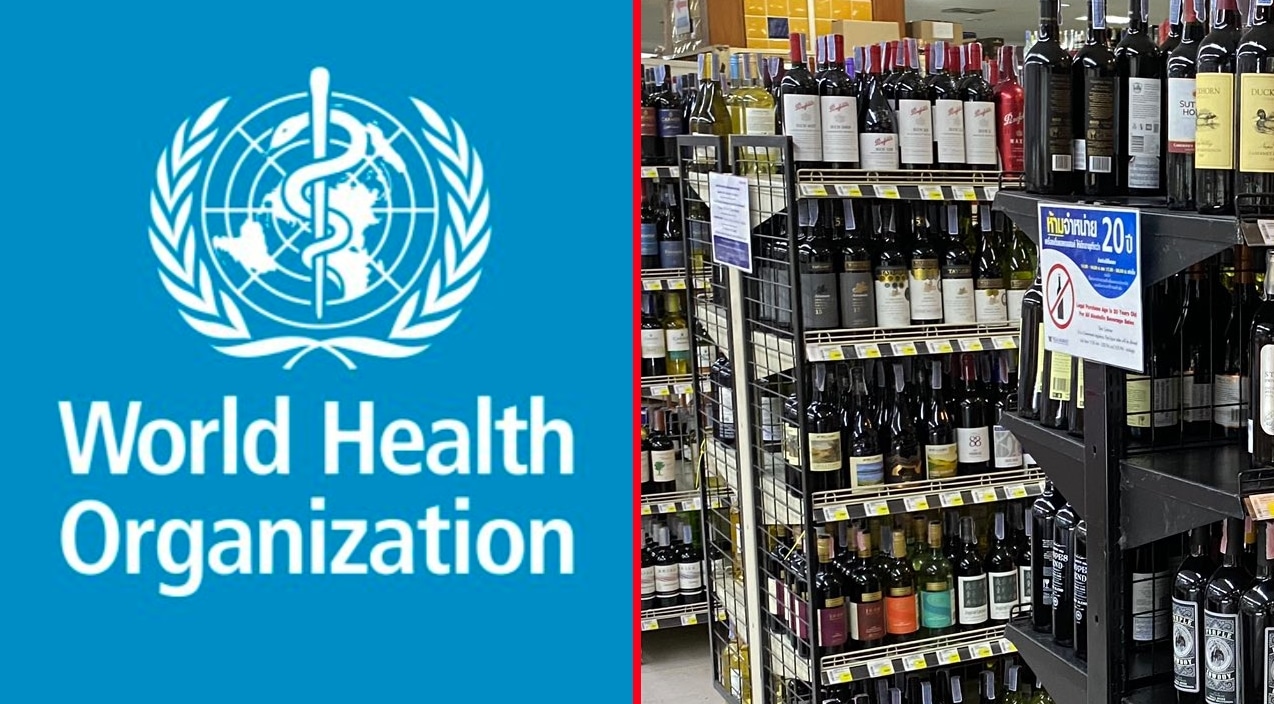WHO Says Drinking Alcohol May Increase Risk Of Getting COVID-19
on Apr 16, 2020 • Updated Jan 15, 2025

Virtual Happy Hours have become more and more popular over the last few weeks due to the coronavirus pandemic.
Many friend groups, and even employers, are hosting virtual happy hours online via video chat while everyone is quarantined at home.

During these virtual happy hours, everyone is encouraged to have their favorite drink and enjoy spending time with their friends and co-workers like they normally would. Because of this – and people just being stuck at home – alcohol sales have increased.
Although people are enjoying these cocktails and drinks in the safety of their own home, the World Health Organization is now saying drinking alcohol could increase your chances of contracting the virus.
“Alcohol compromises the body’s immune system and increases the risk of adverse health outcomes,” WHO’s regional office for Europe recently said in a report. “Therefore, people should minimize their alcohol consumption at any time, and particularly during the COVID-19 pandemic.”
One of the likely reasons WHO had to release this report was because people were beginning to think that drinking alcohol would protect them from COVID-19, and that is not the case. For example, 44 people in Iran died in early March from drinking bootleg alcohol after hearing that it would cure coronavirus.
Watch Dr. Jennifer Ashton debunk a few myths about coronavirus in the video below.












